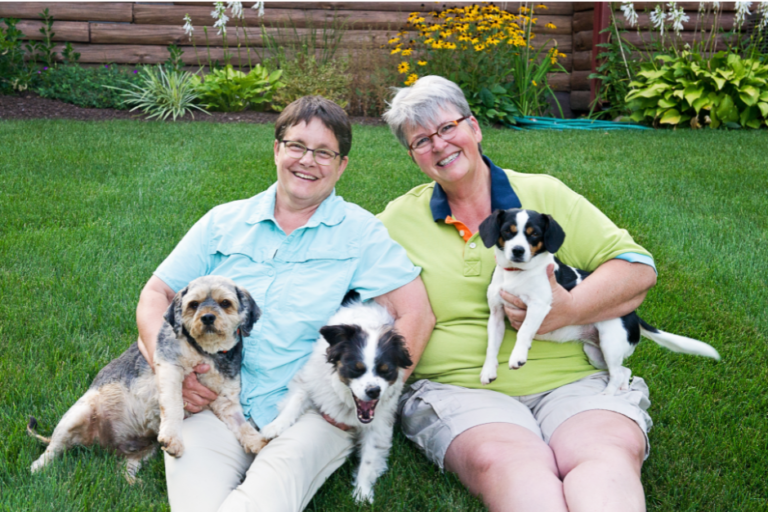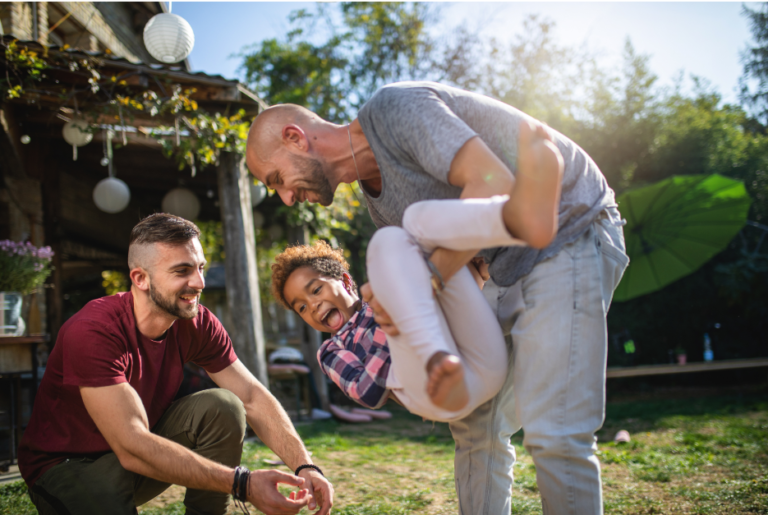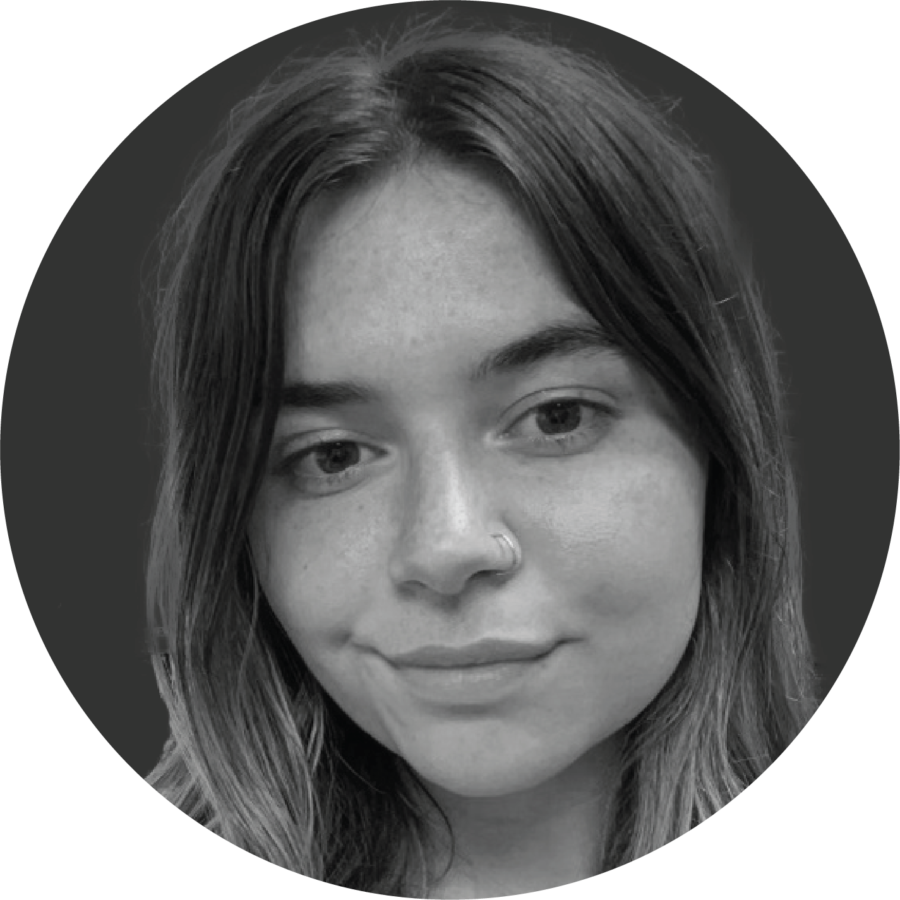Author: Kaylee Van Alstyne, Marketing Intern
Research has proven that stable and affordable housing plays a critical role regarding the positive outcomes in many aspects of life, however this kind of housing is far less accessible for the LGBTQ+ community. Individuals of the LGBTQ+ community have long faced countless difficulties finding and maintaining stable housing in the United States. Studies have uncovered the bias of housing providers who favor heterosexual couples over same-sex partners, and how transgender applicants are often provided less options than cis-gender applicants once their gender status is disclosed. Members of the LGBTQ+ community have been found to be at greater risk of homelessness, more likely to be living in unaffordable housing, and are less likely to own a home than cis-gender individuals.
The older LGBTQ+ population are even more vulnerable to discrimination and setbacks. This group is especially subject to more health issues, social isolation, poverty, and premature mortality. Roughly 3 million LGBTQ+ adults over age 50 have a shared experience of growing up during a time where being open with their identity was far less accepted. Although it is more common to find this social acceptance now, members of the LGBTQ+ community are still affected by stereotyping and intolerance.
In addition to LGBTQ+ prejudices, other marginalized identities often face more discrimination regarding the sale, renting, and mortgaging of homes. A 2020 report on LGBT People and Housing Affordability, Discrimination, and Homelessness stated that, “LGBT adults, as a whole, have at least 15% higher odds of being poor than cisgender straight adults…” and that homeownership is greatest among married, straight, couples than compared to same-sex married couples. Homeownership rates are even lower among LGBT racial minorities and transgender people. Under the Fair Housing Act of 1968, housing discrimination based on traits such as race and disability status are banned, however sexual orientation and gender identity were not explicitly protected until 2021.
A monumental change for LGBTQ+ rights came in June 2020 when the majority opinion for Supreme Court case Bostock v. Clayton County announced that “a fair reading of ‘sex’ under Title VII of the Civil Rights Acts of 1964…covers those workers who are gay or transgender, too”. The United States Department of Housing and Urban Development (HUD) was the first agency to respond to this ruling by issuing a memo affirming that the Fair Housing Act’s sex discrimination provision was comparable to that of Title VII. HUD therefore concluded that LBGTQ+ individuals are entitled to the same federal housing protections as anyone else under law.
Housing protections prior to the Bostock case ruling were almost nonexistent for members of the LGBTQ+ community; left without clear and legal resources when it comes to facing bias. There is no doubt that significant strides have been made in order to gain equal and fair housing for all, but unfortunately the rulings passed in the courts are not always enforced. HUD, however, has begun taking steps to improve their communications and differences between tenants and homeowners with the hopes of rebuilding their trust and reputation.
Continuing to write and pass new federal protections will not solve the shortage of affordable housing issues, nor will new laws deplete discrimination. Legal tools, such as the Fair Housing Act, are necessary for a foundation and correction to biases that must then be enforced and respected by individuals. Housing Visions is committed to providing safe and equal housing opportunities to everyone by guaranteeing fair housing practices. We are working together to combat the affordable housing crisis in our NY and PA areas by not only rehabilitating buildings and historic sites, but communities. We are proud to say we abide by the Fair Housing Act at all of our properties and do not discriminate.
For more resources and information, check out our Housing Stability Program and Opportunity.org’s LGBTQ Equity and Housing Fact Sheet




